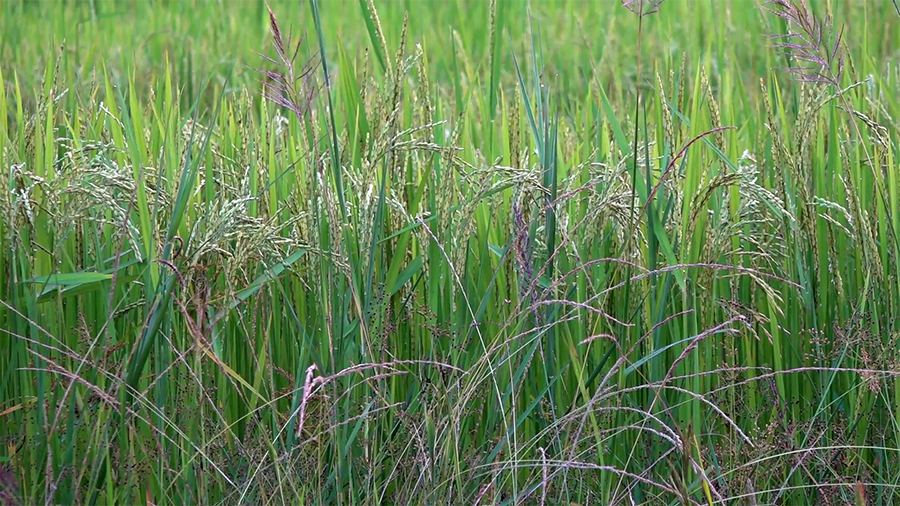
Water deficits are the new normal in many places, causing setbacks to economic growth and development. This is what the World Bank says in its new report titled “Droughts and Deficits”, published recently, focusing on the low and middle-income countries. In Bhutan, with the monsoon having been delayed by almost a week this year, signs of untimely precipitation are beginning to show much like elsewhere across the globe, impacting crop yield and the economy.
In Punakha, because of untimely rainfall, farmers forecast the paddy yield to be poor this year. Punakha is one of the top three rice-producing districts in the country.
Last year, the country harvested more than 40,000 metric tonnes of irrigated paddy. Punakha harvested more than 8000 metric tonnes of rice, followed by Paro and Wangdue Phodrang with 6000 and 4000 metric tonnes, respectively. These three districts accounted for the highest production of irrigated paddy last year.
This year, people say the numbers might slump.
“I can estimate that this year’s production will decrease by around 30 per cent. Even if the paddy grows properly, because of late irrigation, the production usually decreases. No matter how good the paddy is, the seeds are empty. This year, I think we might have to buy the rice if it is insufficient,” said Kencho Tshering, a farmer in Punakha.
“Around 57 acres of wetland has no water. These paddy fields depend solely on rainwater and this time due to delayed irrigation, they didn’t get water. The production is not really good this time,” said Dophu, another farmer from Punakha.
According to the World Bank’s report, six out of 10 people globally are already living in areas exposed to water stress for at least part of the year.
The report highlights that the impact of water deficiency goes beyond a drop in crop yield. Economists say less water also affects hydropower generation, leads to a decline in water quality and spikes in cases of waterborne diseases. This, they say will hit low and middle-income countries the hardest.
An economist from the Asian Development Bank says Bhutan’s trade deficit could keep widening if serious drought conditions prevail.
“Bhutan is heavily reliant on food, fuel and raw material imports and then the trade deficit has increased since the pandemic. The value of imports in 2022 was twice the value of exports. This means erratic rainfall could be a double threat to Bhutan’s trade balance. And that’s because on one hand, it has the potential to increase the need for rice imports and on the other hand decrease the availability of electricity to be exported,” said Milan Thomas, a country economist at the Asian Development Bank.
The report says climate change is expected to cause severe drought conditions in many regions across the globe. In the absence of proper policies in managing droughts, the report warns that the world would suffer more economically.
The report suggests countries proactively invest in measures to address the vulnerabilities by upgrading information systems, institutions, and infrastructure that build drought resilience.
Samten Dolkar
Edited by Kipchu







